Nature reports
Category: Climate
Page 8 of 12 - 113 Results
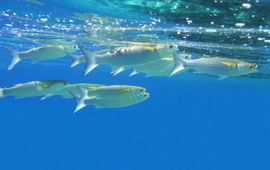
Year-to-year fluctuations in seawater temperature are partly responsible for the much slower ups and downs in the abundance of marine fish stocks. This is the conclusion from a worldwide study conducted by Wageningen University &..
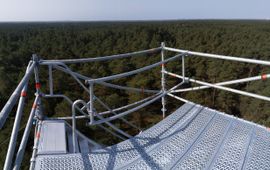
In the Loobos forest near Kootwijk, a huge steel structure was erected to facilitate research on greenhouse gases. It was officially opened on Friday 12 November 2021. Among other things, the CO2 absorption by the surrounding..
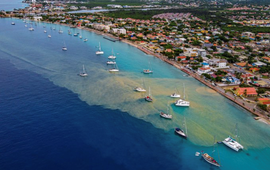
The Dutch Caribbean Nature Alliance (DCNA) expressed its concern to the Dutch Government about the lack of attention to the impacts of climate change in the Caribbean Netherlands. The Dutch Caribbean islands expect to face very..
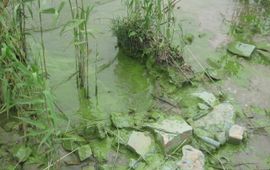
Will there ever be a Friesian Elfstedenstocht, or can we forget this? According to international research in Nature Geoscience, the chance is getting smaller. Globally, lakes are warming and ice days will decrease. “This warming..
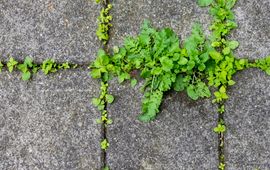
Slowly, urban planners are realizing the importance of plants, micro-organisms and animals in the city soil. In the Netherlands, the city of Amsterdam is leading the way. Their new book BiodiverCITY shows that they mean business...
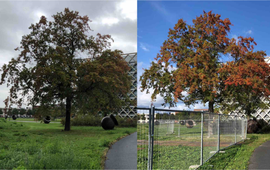
Autumn colours are now gradually appearing in nature. Years of time-lapse videos from the GrowApp show that leaf colouring starts relatively late this year in The Netherlands. Cause: the warm September and the absence of night..

Researchers from Naturalis would like to know whether plants quickly adapt to rapidly changing environments, such as urbanization. They use the dandelion as a model for this. Their aim is to find answers to questions such as: is..
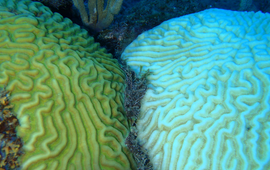
A recent report released by STINAPA notes the occurrence of coral bleaching on Bonaire between 2016 and 2020. During this study, coral bleaching was detected every year, highlighting the need for continuous monitoring and..
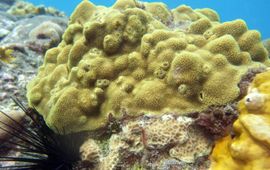
Manmade structures such as seawalls, breakwaters, and jetties are increasing in frequency in marine coastal environments. Overtime, these structures are unintentionally recruiting marine life such as corals, resulting in the..
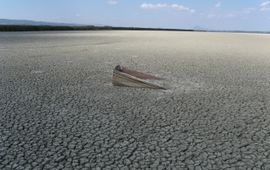
A new study shows that the current rate of biodiversity decline in freshwater ecosystems outcompetes the extinction at the end of the Cretaceous, that killed the dinosaurs. Damage now being done in decades to centuries may take..
